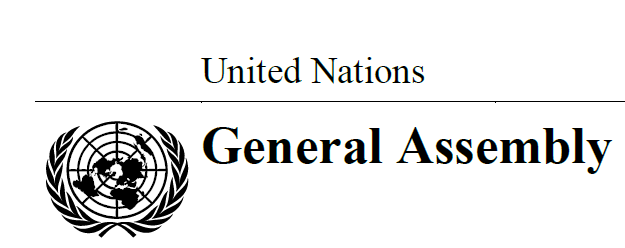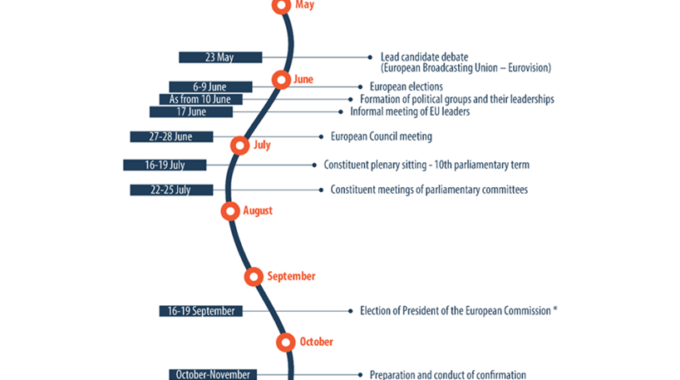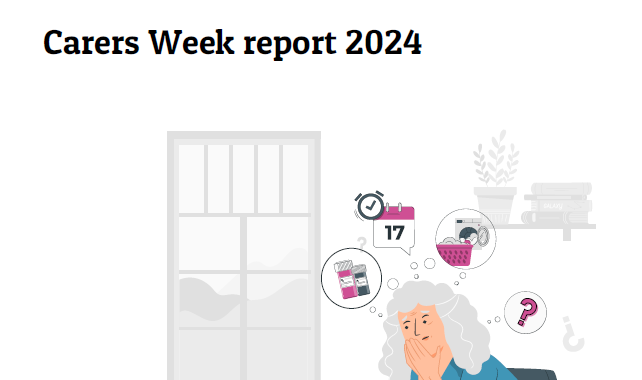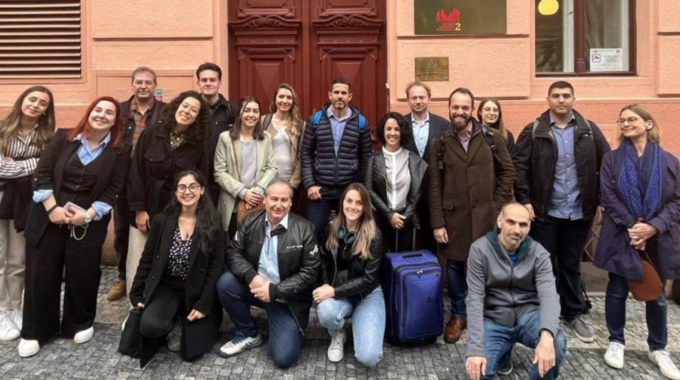
Need for data about Informal Care highlighted in UN Report
A report submitted by the Independent Expert to the Human Rights Council of the United Nations analyses the current data gap on older persons, its causes, and important its impact on the enjoyment of all human rights by older persons.
The Report concludes that data is significant for the realisation of human rights. It is necessary in order to provide evidence about the extent of the challenges faced by older persons and of the policy and legislative needs.
The report highlights that the significant role of informal carers is not reflected effectively in existing surveys. Indicators do not measure the level of support, if any, available to informal carers such as financial compensation, respite care, or accumulation of social protection rights and calls for these indicators to be further developed.
Age cohorts need to reflect the diverse nature of the older population to allow for a differentiation of older and very older persons, who have different needs and capacities. They have to be granular enough to make it possible to take into account the relativity of the notion of age, depending on the context, and given that age is a social construct. To achieve statistical representativeness and permit disaggregation, existing surveys need to, for example, oversample older persons in the higher age groups or develop quotas for the inclusion of older persons in surveys.
There is a need for conceptual frameworks that are based on a life-course approach which are able to provide more comprehensive, comparable, and nuanced data on older persons.
The report of the Independent Expert, in English, is available and can be downloaded here.
It is also accessible in other official languages of the UN here.





